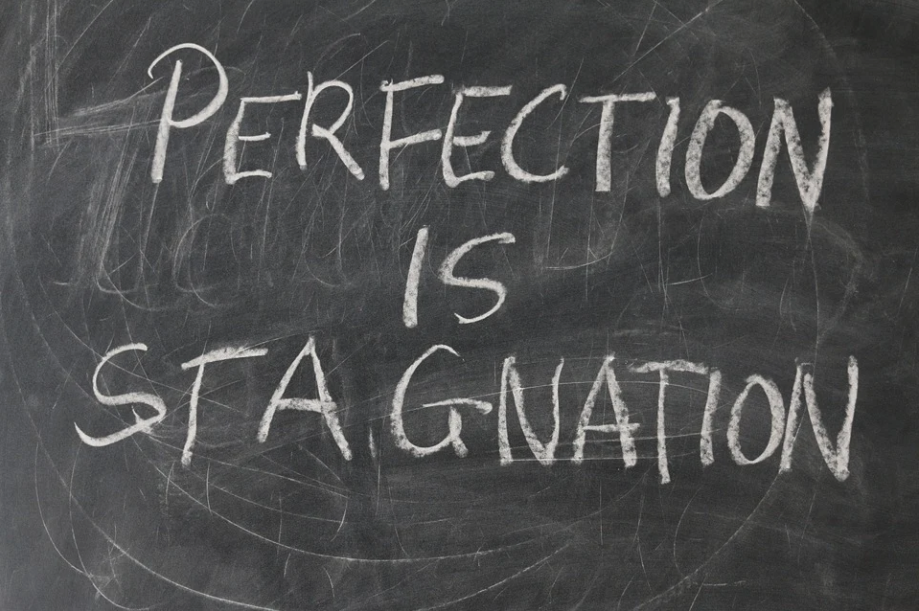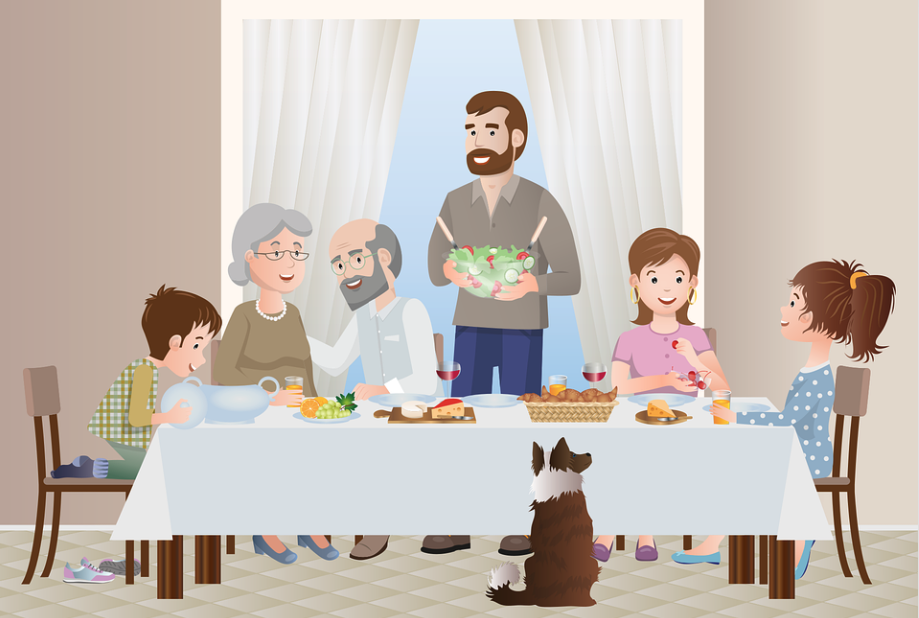
Are you a perfectionist? Even if you are far from perfect in any way, this personality trait might be running your life. And by running your life, it is probably ruining it as well.
Perfection is not about becoming perfect. It is about looking perfect. And the distance between these two can be enormous.
“To err is Human; to forgive, divine.”
Alexander Pope (1688 – 1744) was on to something when he wrote “To err is Human; to forgive, divine” in 1711. Each of us is bound to make mistakes. The best among us know this well. Great writers make countless mistakes. They just write more. And more. And more.
Great business leaders also fail. They just learn from each failure. And that experience gives them wisdom for the future. They know how not to fail.
And in all aspects of our life, we have to be ready for failure. Perfection can be held out like a distant goal, a value, or a mission statement. But realistic people know that every day there will be at least one failure.
If you haven’t failed today, you’re not paying attention.
However, the way we frame our failures is what matters most. The famous painter Bob Ross wisely said, “We don’t make mistakes – we just have happy accidents.”
Community Matters
When I was first studying philosophy as an undergraduate, I made lots of mistakes. In fact, I’d imagine everything I wrote was flawed in some pretty deep ways. But I had a great group of friends who encouraged me to write more, and I encouraged them to do the same. We created a Philosophy Society at our university and gave talks. We invited our professors to give talks. We had graduate students give talks.
All were flawed in some ways or another. Even my favorite professor, after a brilliant talk, got some pretty tough feedback from an older colleague. So I saw that even these people, at the height of their careers, made mistakes.
Once, I wrote an essay called, “On the Free Will of Mice and Men.” It was a playful discussion blending philosophy and literature. A good friend of mine afterward said it wasn’t great.
But he was still a good friend. And he is still a good friend. His feedback let me know that I had work to do. And for years afterward, I pursued writing on topics like the one in that paper. I always thought of him and some of my other friends when I wrote. I asked myself, “what would they think of this?” And that helped me become a better writer.
Seeking perfection
Psychologists have said that perfectionism might be the most self-defeating attitude that we can have. This becomes true when we become frozen because something about us is not perfect. It could be our work. Or our looks. Or our family or other relationships.
If I wanted perfect work, I could have never shared anything with friends and professors. I would have never received their feedback. I never would have improved.
In todays’ society, “looks” are highly valued. However, none of us are perfect.

Even many very beautiful influencers sometimes have break-downs after some time because they see others who are more beautiful. This constant comparison is exhausting. And it can stop us in our tracks.
Like my philosophy papers, we can discuss our looks with friends. Some might suggest different outfits in a helpful way. Others might have hair tips. Others still might invite us to join an exercise group. This can happen when we accept that we’re imperfect and could use some improvement.
Another aspect of life where perfectionism can hurt is family and other relationships. None of us have perfect families or friends.
There is the old joke that goes something like this: a man was talking with his father-in-law. The father-in-law asked what his new son thought his daughter’s flaws were. Cautiously, the man noted a few imperfections. “Anything else?” the father-in-law asked. The man listed a few more. Smiling, the father-in-law said, “be grateful for those flaws. If my daughter didn’t have them, she wouldn’t have married you.”
Our family and friends are flawed. But so are we. And perhaps their flaws just happen to match ours. With time we can learn which ones might change and which ones we just have to accept.
This isn’t to say that we accept mean or abusive people. Those people might need to be out of our lives. This advice about perfectionism is for the majority of our friends and family who really are supportive, even if in flawed ways most of the time.
The Holidays

As the holiday season approaches, many of us will feel some pressures of perfectionism. Maybe it will be our own, or maybe it will come in the form of judgments from others. Either way, it helps to recognize this for what it is. Lofty goals, supportive people, and hard work are all commendable. But pay attention in the next month.
How tightly do you hold on to your holiday goals? Does Christmas day have to be “just right?” Or can you do your best and accept some of the chaos that will come? Do you demand that others buy just the right gift? Or do you appreciate the though and effort put in, no matter what they come up with? And the same for you. Don’t stress out too much seeking a perfect holiday season.
If you’re stressed out, others will notice. You’ll be unhappy. And others will be too.
A less-than-perfect holiday filled with love and joy will produce far more positive memories for everyone. When you see how well it works at the holidays, you can give this approach a try for other things in the year to come.
 Justin Whitaker, Ph.D., holds a doctorate in Buddhist ethics from the University of London. He has given lectures, and taught Buddhist studies and Philosophy at Oxford University, the University of Hong Kong, the University of Montana, and at Antioch University’s intensive study-abroad program in India. He is a certified meditation teacher, a regular contributor to Patheos.com, and Senior Correspondent for Buddhistdoor Global. He lives in Missoula with his family.
Justin Whitaker, Ph.D., holds a doctorate in Buddhist ethics from the University of London. He has given lectures, and taught Buddhist studies and Philosophy at Oxford University, the University of Hong Kong, the University of Montana, and at Antioch University’s intensive study-abroad program in India. He is a certified meditation teacher, a regular contributor to Patheos.com, and Senior Correspondent for Buddhistdoor Global. He lives in Missoula with his family.
